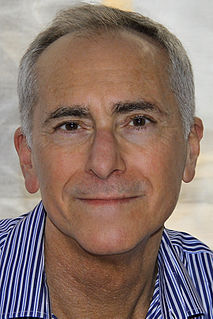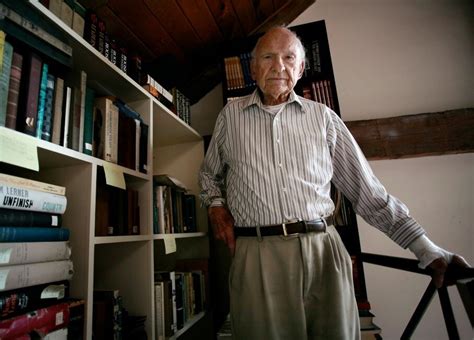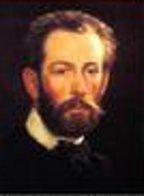A Quote by Herbert Hoover
Three qualities of greatness stood out in Woodrow Wilson. He was a man of staunch morals. He was more than just an idealist; he was the personification of the heritage of idealism of the American people. He brought spiritual concepts to the peace table. He was a born crusader.
Related Quotes
When Arthur Schlesinger Sr. pioneered the 'presidential greatness poll' in 1948, the top five were Lincoln, Washington, Franklin D. Roosevelt, Woodrow Wilson, and Jefferson. Only Wilson appears to be seriously fading, probably because his support for the World War I-era Sedition Act now seems outrageous; in this analogy, Woodrow is like the Doors and the Sedition Act is Oliver Stone.
On the mission I brought a flag from China, I brought the stone sculpture from Hong Kong, and I brought a scroll from Taiwan. And what I wanted to do is, because as I was going up and I am this Chinese-American, I wanted to represent Chinese people from the major population centers around the world where there are a lot of Chinese people. And so, I wanted to bring something from each of those places and so it really wasn't a political thing and I hope people saw it that way. I was born here, I was raised in the U.S., and I'm an American first, but also very proud of my heritage.
But, more than anything, in the more than three years of this Government's existence, the Israeli people has proven that it is possible to make peace, that peace opens the door to a better economy and society; that peace is not just a prayer. Peace is first of all in our prayers, but it is also the aspiration of the Jewish people, a genuine aspiration for peace.
The reason why I wear gold - I wear gold for three reasons. One, when Jesus was born, three wise men came from the east: one brought frankincense, one brought myrrh, the other one brought gold. The second reason I wear gold is I can afford it. The third reason I wear it, it's symbolic of my African heritage.
That strain of anti-monopoly crusading egalitarianism really runs throughout American history from [Tomas] Jefferson to Woodrow Wilson, that finds its apotheosis in [Louis] Brandeis, continues through the New Deal, but then it sort of peters out in the '60s because progressives in particular become more interested in extending equality to minorities, and women, and other excluded groups, and little more suspicious of these old white guys, often from the south, who were crusaders against monopolies.

































